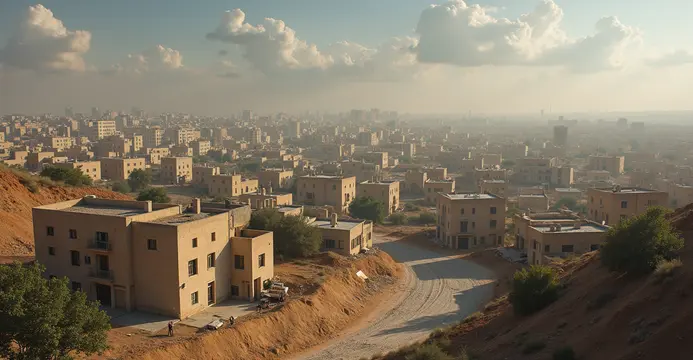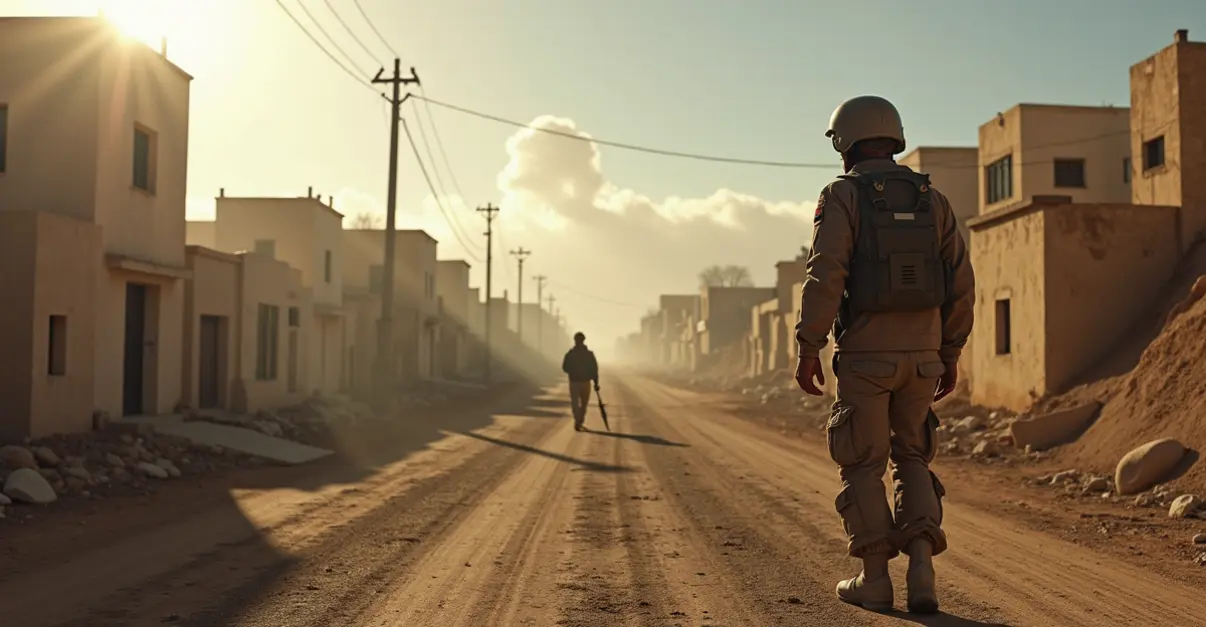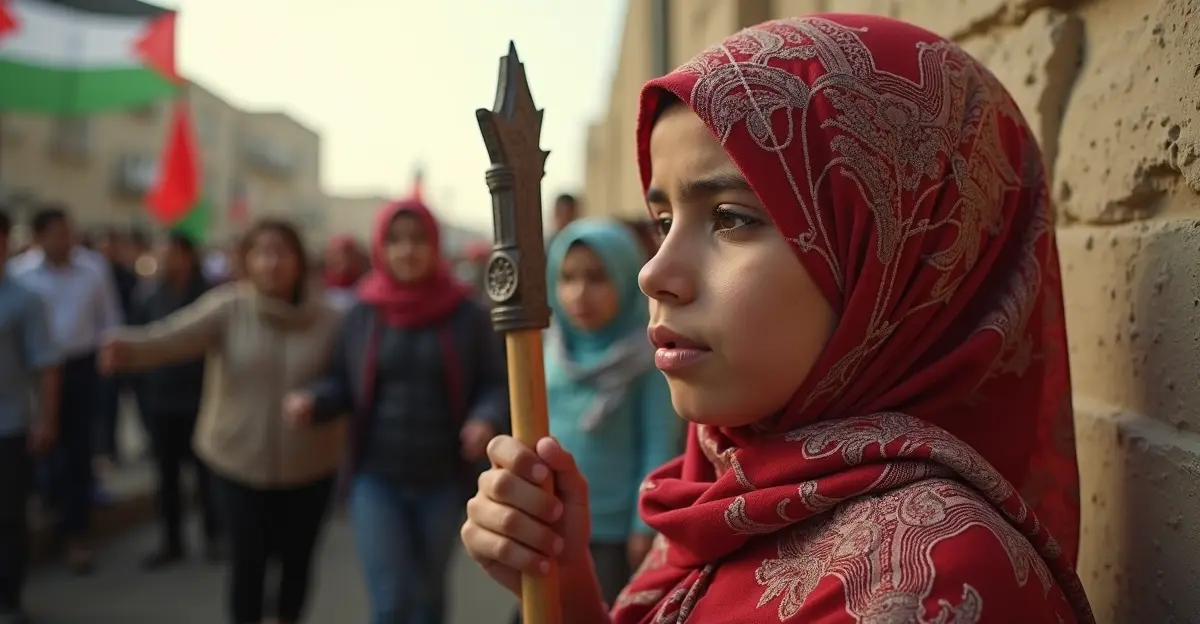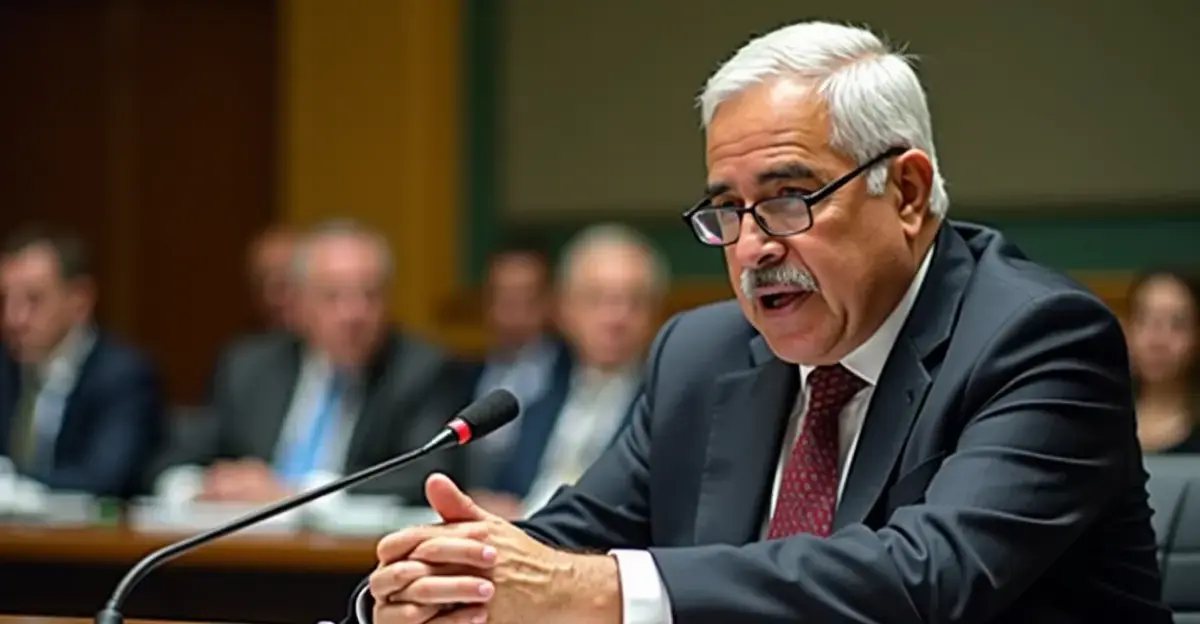West Bank olive harvest faces unprecedented settler violence with 150 attacks, 140 injuries, and 4,200 trees damaged. UN reports highest monthly settler attacks since 2006, while Palestinian farmers face systematic targeting during crucial harvest season.
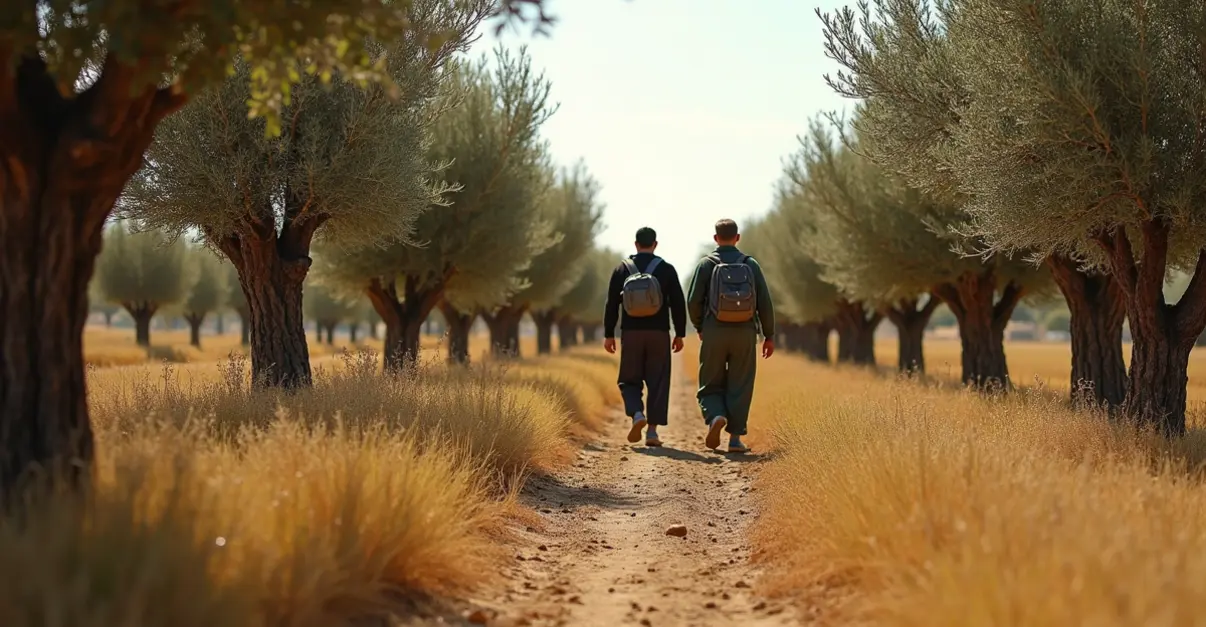
Ancient Tradition Under Attack
The olive harvest, a centuries-old tradition for Palestinian families on the West Bank, has become a season of terror and violence. What was once a festive period marking the annual gathering of olives has transformed into weeks of systematic attacks by Israeli settlers targeting Palestinian farmers and their livelihoods.
'These trees are 25 years old, I planted them myself,' says Wadie Alqam, a resident of Turmus Ayya village, speaking to Deutsche Welle TV. 'I've watered them for five to six years and continue to prune them two or three times each year. I care for them like I care for my young children.'
But Alqam's connection to his land is under constant threat. Looking out over the valley, he sees dozens of trees lying flat on the ground - systematically cut down by Israeli settlers living nearby. 'They come to cut down the trees because they see the harvest as an enemy. Olive trees are the roots of the Palestinian people, it's our heritage,' he explains.
Escalating Violence During Harvest Season
According to UN data, October 2025 recorded the highest monthly number of Israeli settler attacks since documentation began in 2006, with over 260 attacks averaging eight incidents daily. During the current olive harvest season, approximately 150 attacks have occurred across 77 different locations on the West Bank, resulting in 140 Palestinian injuries and damage to over 4,200 olive trees.
'Images of groups of masked Israeli settlers setting fires are appalling and reflect a broader pattern of increasing violence against Palestinians,' says UN spokesperson Thameen Al-Khateen in an official statement.
The violence has turned deadly in some cases. Thirteen-year-old Palestinian boy Aysam Jihad Labib died this month after inhaling tear gas deployed by Israeli military forces. The tear gas was used when Labib and his family were attacked by settlers during the olive harvest on their land in Beita.
Economic and Cultural Significance
Olive trees have grown on Palestinian land for thousands of years, with some trees believed to be over 3,000 years old. Before October 7, 2023, nearly half of the total agricultural land on the West Bank and in Gaza was dedicated to olive trees - approximately 10 million trees supporting the livelihoods of tens of thousands of Palestinian families.
The olive harvest represents more than just economic survival. Olives and olive oil are essential components of Palestinian cuisine, while the trees themselves serve as powerful symbols of national identity and connection to the land. The industry contributes significantly to the Palestinian economy, with olive oil production adding substantial value to agricultural output.
Systematic Targeting and Impunity
According to the Israeli human rights organization B'Tselem, Palestinians become 'easy targets' for settlers during the harvest season. 'The rest of the year, Palestinians don't come or hardly come to the land near their olive trees because they're not allowed to by settlers or the Israeli military,' explains spokesperson Yair Dvir.
'During the olive harvest, they go onto the land anyway, sometimes they even get permission from Israel to go onto the land. But permission or not, settlers use this moment to attack Palestinians. It's part of the ethnic cleansing happening on the West Bank.'
The pattern of violence operates with near-total impunity. Of the 21 settlers who killed Palestinians on the West Bank over the past two years, not one has been convicted. In the majority of cases, no police investigation was even conducted.
International Response and Protection Efforts
The United Nations human rights office has issued urgent warnings about 'skyrocketing' Israeli settler violence against Palestinian farmers. In the first half of 2025 alone, there were 757 settler attacks causing casualties or property damage - a 13% increase compared to the same period last year.
Israeli and international activists sometimes accompany Palestinians during the harvest to provide some protection, but as Dvir notes, 'They can do nothing except film and document the attacks, but the entire system stands on the side of the settlers. If the volunteers or Palestinians do something to defend themselves, the military will arrest them.'
The situation has worsened significantly since the Hamas attacks of October 7, 2023 and the subsequent conflict in Gaza. At least one thousand Palestinians have been killed on the West Bank, including 213 children, with tens of thousands more displaced from their homes.

 Nederlands
Nederlands
 English
English
 Deutsch
Deutsch
 Français
Français
 Español
Español
 Português
Português





